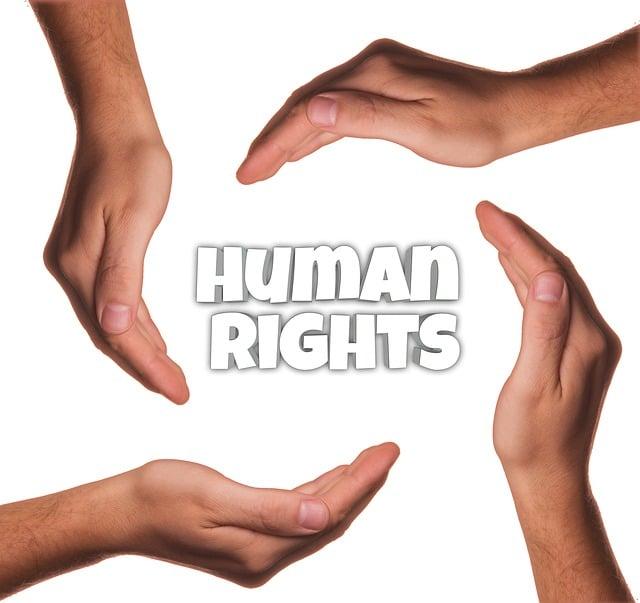The Politics of Human Rights in Pakistan
Human rights in Pakistan is a multifaceted and complex issue, deeply intertwined with the nation’s political landscape. This article delves into the historical context, challenges, and recent developments concerning human rights in Pakistan, aiming to provide a thorough understanding for readers.
Historical Context of Human Rights in Pakistan
Since its independence in 1947, Pakistan has grappled with various human rights challenges, often influenced by its political dynamics. Major milestones include:
- 1973 Constitution: Established fundamental rights for citizens but has often been undermined by military rule.
- Judicial Activism: Courts have played a pivotal role in safeguarding human rights, yet their effectiveness is often contingent upon the political climate.
Current Human Rights Challenges
The politics of human rights in Pakistan is marked by several significant challenges, including:
- Freedom of Speech: Journalists and activists face intimidation and censorship, stifling free expression.
- Gender Inequality: Women frequently encounter discrimination and violence, with insufficient legal recourse.
- Minority Rights: Religious minorities often endure persecution and lack equal representation.
Key Statistics
| Human Rights Issue | Prevalence | Year |
|---|---|---|
| Honor Killings | 1,000+ cases annually | 2022 |
| Enforced Disappearances | Over 800 cases | 2023 |
| Attacks on Journalists | 50+ incidents | 2021 |
Government and International Responses
The Pakistani government, amidst domestic and international pressure, has made various attempts to address human rights concerns. However, these efforts often fall short. Key responses include:
- National Action Plan: Launched to combat terrorism but criticized for infringing on civil liberties.
- International Criticism: Constant pressure from organizations like the UN and Amnesty International to improve human rights practices.
Case Studies: Trials and Triumphs
Several landmark cases highlight the ongoing struggle for human rights in Pakistan:
- Malala Yousafzai: Her advocacy for girls’ education and eventual attack by the Taliban drew global attention to women’s rights in the country.
- The Asma Jahangir Case: As a prominent human rights lawyer, her work continues to inspire future generations despite her untimely death.
Practical Tips for Advocating Human Rights in Pakistan
If you are passionate about promoting human rights in Pakistan, consider the following practical steps:
- Educate Yourself: Stay informed about local laws and global human rights standards.
- Engage with NGOs: Collaborate with organizations working in the field for change.
- Use Social Media: Raise awareness and advocate for the rights of marginalized communities.
Conclusion: A Path Forward
The politics of human rights in Pakistan is an evolving landscape, fraught with challenges but also rich with potential for advocacy and reform. By understanding the complexities and harnessing a collective voice, citizens and advocates can work towards a future where human rights are universally respected. Continuous effort from both grassroots movements and international communities is essential to ensure progress in this vital area.



